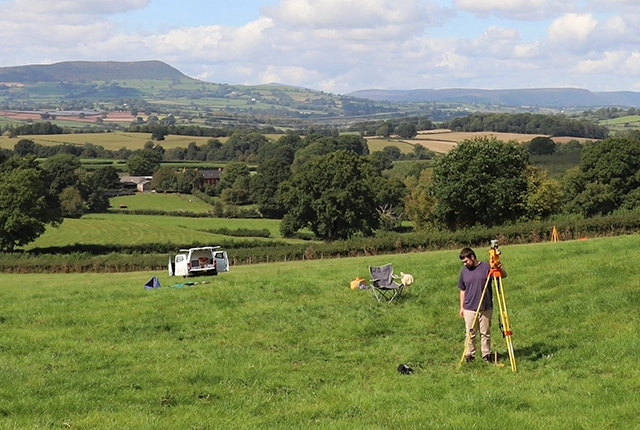Latest

Can sandstones under the North Sea unlock the UK’s carbon storage potential?
02/02/2026
For the UK to reach its ambitious target of storing 170 million tonnes of carbon dioxide per year by 2050, it will need to look beyond the current well-studied geographical areas.

Quaternary UK offshore data digitised for the first time
21/01/2026
The offshore wind industry will be boosted by the digitisation of a dataset showing the Quaternary geology at the seabed and the UK’s shallow subsurface.

Hole-y c*@p! How bat excrement is sculpting Borneo’s hidden caves
23/12/2025
BGS researchers have delved into Borneo’s underworld to learn more about how guano deposited by bats and cave-dwelling birds is shaping the subsurface.
Explore more news
Browse all news and events by category
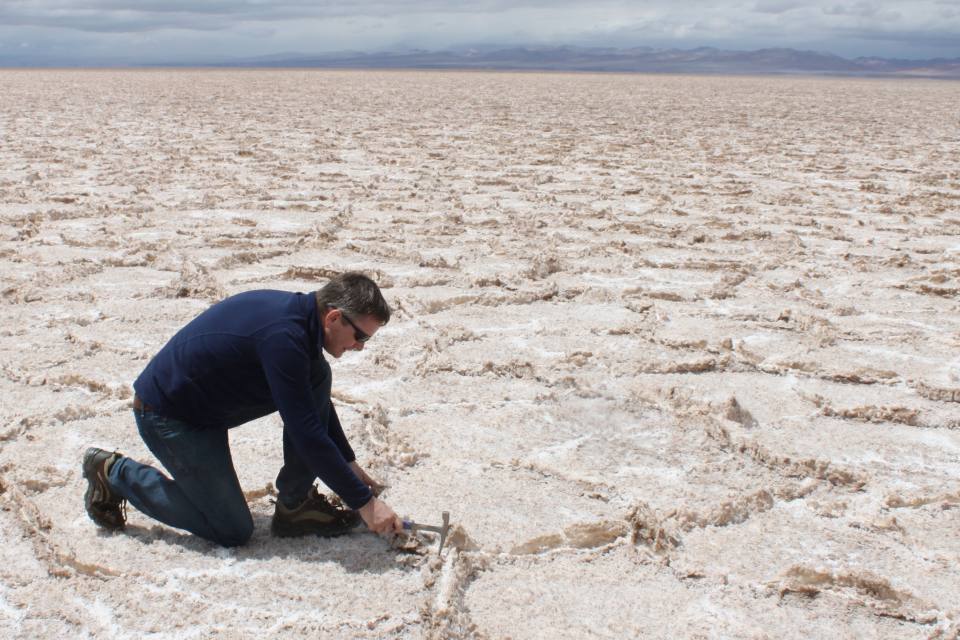
Virtual fieldwork during a global pandemic
03/03/2021
Virtual field reconnaissance can help maintain research momentum during the COVID-19 pandemic.
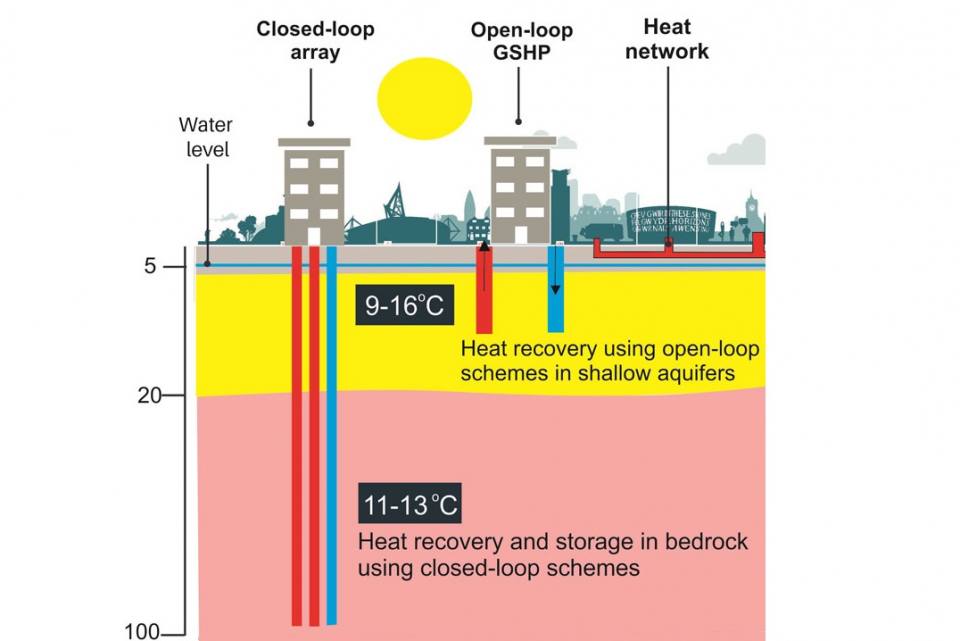
The Cardiff Urban Geo Observatory: ‘a city-scale observatory for city-scale challenges’
02/03/2021
Heat recovery and storage in the urban subsurface could offer part of the solution to decarbonise energy supplies.
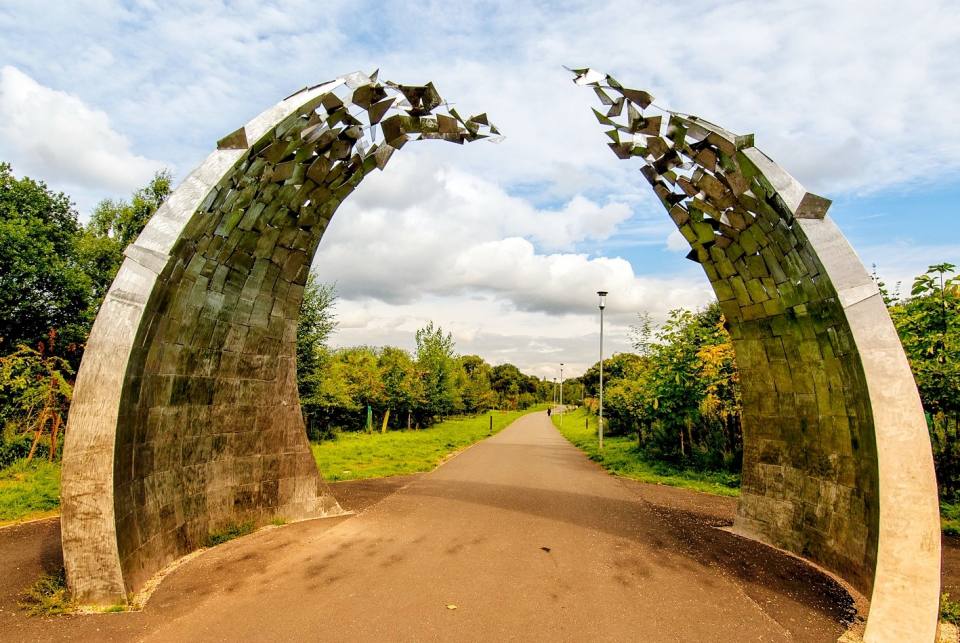
Delivering geoenergy research infrastructure in Glasgow
24/02/2021
Data from the Glasgow Observatory will help us to understand coal-mine-water heat and sustainable ways of heating our cities.

Safe storage of hydrogen in porous rocks: the challenges and knowledge gaps
12/02/2021
Increasing the amount of renewable energy that generates clean electricity will require a transition from natural gas to hydrogen and to store heat/cool in rocks.
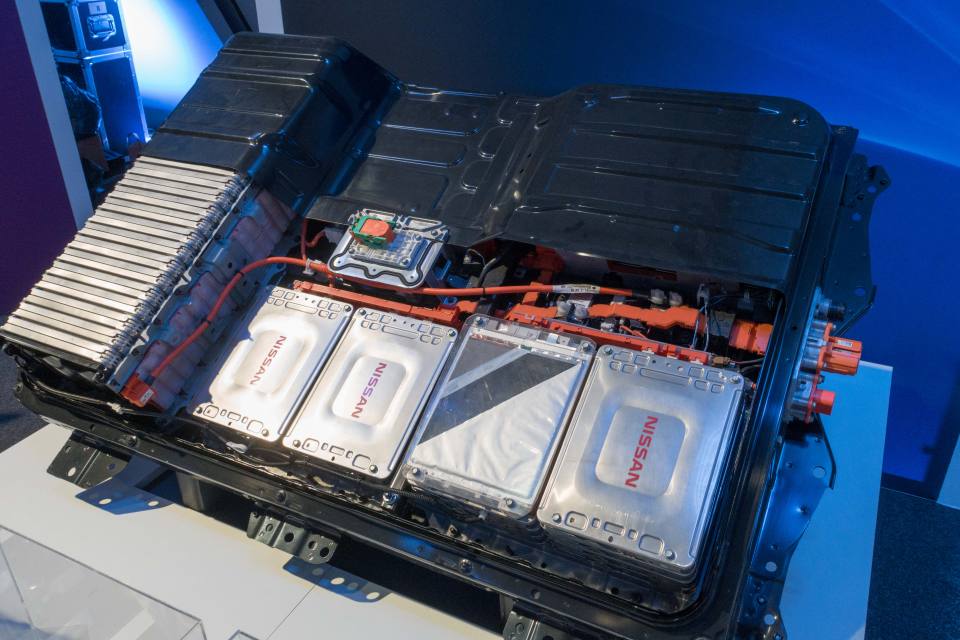
Cobalt resources in Europe and the potential for new discoveries
26/01/2021
There is considerable interest in Europe in understanding the availability of cobalt from indigenous resources to help the transition to a low-carbon economy.
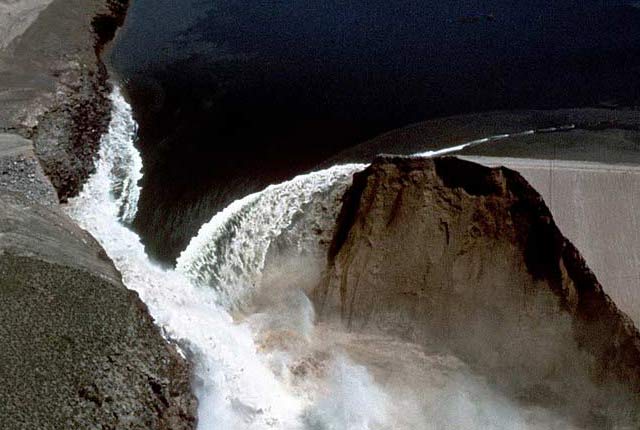
BGS PRIME: an early warning system for slope failure
13/01/2021
Dam and slope failures can lead to the wide-scale destruction of property and, in some cases, catastrophic loss of life.
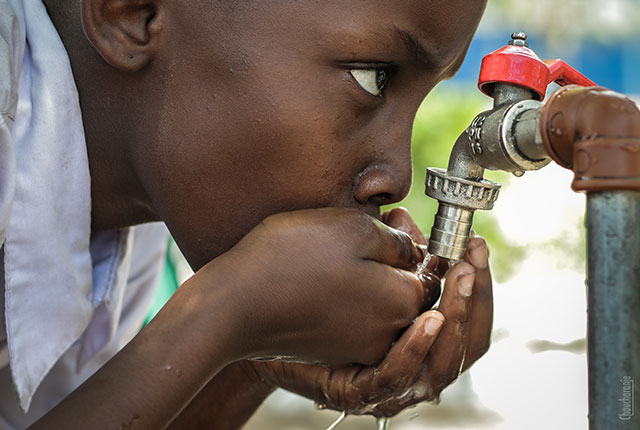
Real-time monitoring of faecally contaminated drinking water
04/12/2020
Tryptophan-like fluorescence (TLF) represents an approach to instantaneously assess microbial risks in drinking water.
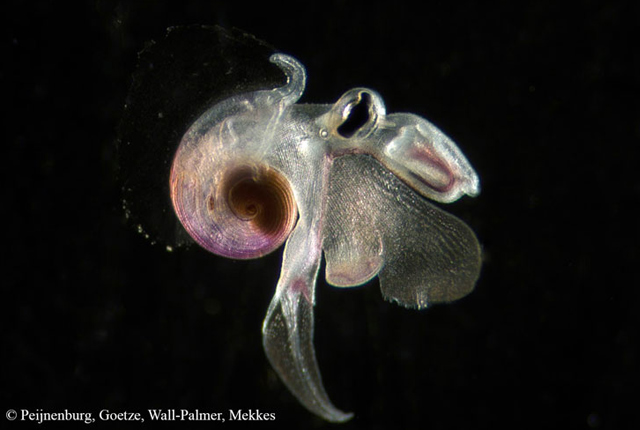
Geochemistry and ‘sea elephants’
02/11/2018
'Sea elephants' are very tiny swimming snails that are called elephants because they have a type of trunk.


